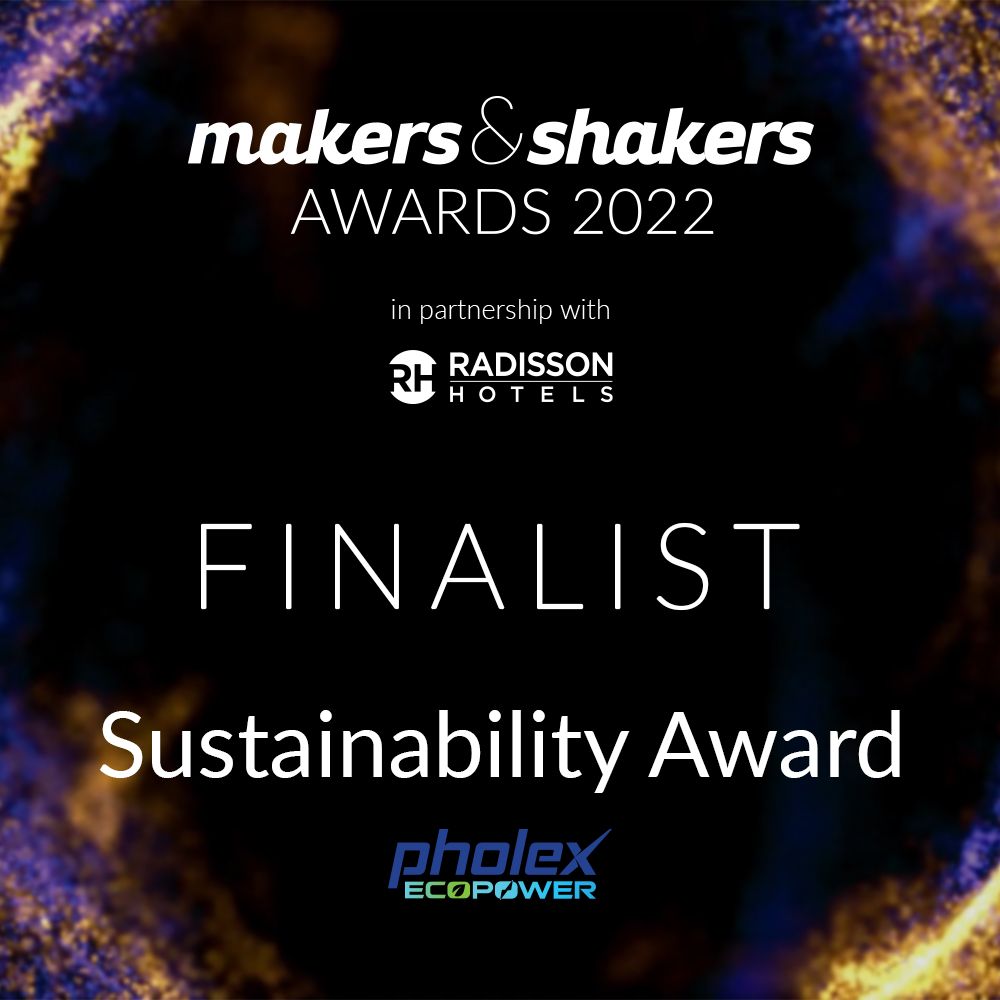
Green Screen nomiated for Sustainability Award
The Green Screen Partnership is a finalist in the Makers and Shakers Awards for Sustainability in the Screen Industries!
Green Screen’s mission is to inspire and educate the nomadic world of filming by creating sustainable working practices. By reducing the environmental impact of filming essentials such as transport, construction, lighting and catering we aspire to lead European film & TV production into a greener way of life.
€2,660,594.00
Low-carbon economy
Green Screen will share best practice in sustainable production across Europe. We will encourage film and TV production companies and their suppliers to adopt green measures, train staff and create new jobs linked to sustainable working. Our partners will also develop regional policies to support sustainable practice.
Our project is a partnership between eight key European film-making regions:
• Film London (UK)
• Municipality of Ystad (Sweden)
• Flanders Audiovisual Fund (Belgium)
• Film Paris Region (France)
• Bucharest Ilfov Regional Development Agency (Romania)
• Promálaga (Spain)
• Rzeszow Regional Development Agency (Poland)
• Slovak Film Commission (Slovakia)
Green Screen is a five-year project, 2017-2021.
Investment Priority 4b (above) aims to reduce greenhouse gas emissions: it targets SMEs in all sectors and on increasing the volume of advice & support for companies to help them improve their environmental performance (e.g. through energy audits). To date, Priority 4b has been under-subscribed.
The Op. Prog. asserts that SMES are often unaware of resource efficiency technologies/approaches or do not know to adopt and embed new methods. At regional level, the LEP has identified a lack of awareness of the benefits of eco-efficiency as a barrier to businesses adapting to sustainable practice and its own ERDF plan states its willingness to finance initiatives to help overcome these barriers.
The busy audio visual production (AVP) industry in London is a high emitter of Co2 and the full AVP process includes companies from a range of other sectors (e.g. design, catering, transport, construction, lighting).
Priority 4b is not industry sector specific: central result indicators have been established by the Programme but in order for the ambitious overall targets to be met, guidance, tools and support which are appropriate to different industry sectors need to be provided.
Via GS, Film London and stakeholders will address this issue by developing a benchmark of good practice in energy management for AVP and its value chain linked to tools & resources and also by providing the industry with a way of calculating its overall environmental impact.
Investment priority 4b is ‘supporting the shift towards a low-carbon economy in all sectors by promoting energy efficiency and renewable energy use in enterprises’. The instrument calls for structural change within businesses to work more eco-efficiently and it stresses the way in which this can make them more competitive. It also emphasizes the importance of ‘future-proofing’ environmental sustainability and the equal opportunities dimension.
The Skåne Regional Film Strategy “Strategi för rörlig film och bild 2015-2020 aims to make Skåne the most dynamic and innovative region for film and transmedia in Scandinavia. The strategy itself does not refer to environmental sustainability but its Action Plan includes the development of a toolkit for green film shooting. There is no related budget allocation for this
In order for audio visual production (AVP) and its value chain to contribute to the achievement of these goals and also to local and regional development goals, the Film Strategy needs to be linked into the environmental goals of the ERDF Operational Programme. For this to happen, the film/audio visual sector needs to be taken into account within this ERDF policy instrument.
Via its role in Green Screen, Ystads Kommun (YK) will work with the managing agency of the policy to achieve this change.
At a later date, these developments will also inform the preparation of the next Skåne Regional Film Strategy, which will run from 2020.
The project will address Priority 4 of the policy instrument, ‘Low Carbon Economy’ and also the following strategic objectives:
4.2.1 Advancing the evaluation and improving the energy efficiency of businesses, particularly SMEs
4.2.2. Promoting the use of renewable energy by businesses, particularly SMEs
The ERDF OP Plan will be a key driver of economic recovery in the region and its objectives and targets align with those of the Innovation and Sustainable Energy Strategies of Andalusia Energy (2014-2020): The latter stresses the huge impact which effective energy planning has on the regional economy. All of these strategies strongly highlight the need to maximize the use of renewable energy (a notable resource for the region) and the ERDF policy instrument aims to achieve a reduction in primary energy consumption by 25%.
The Andalusian audio visual production (AVP) sector has grown in the last decade and the region as a whole is a major film location (in Malaga’s case, especially for the shooting of commercials). CO2 emissions from this sector are known to be high but there is no specific focus on AVP within any of the regional strategies, including the ERDF Oerational Plan. Through their involvement in Green Screen, Promálaga (PM) and local stakeholders will take action to promote sustainable practice in AVP and will contribute to the achievement of environmental targets for the region.
Priority Axis 3 of the Programme is ’Support for transition to a low carbon economy’. Investment Priority 3.2 is ‘Promotion of the carbon dioxide emissions reduction strategies for all types of territory, particularly urban areas’. However, the main focus (and the related targets) is on public and residential buildings and public lighting.
Priority Axis 2 of the Op Programme aims to increase the competitiveness of SMEs and to achieve 3.7% more collaboration between innovative SMEs.
The re-emergence of Romanian cinema which began with the new millennium as well as the hosting of foreign productions means that the AVP sector continues to provide employment and to contribute to the economy. The AVP industry is a high emitter of C02 and this contributes to the pollution of whole areas.
In addition to the fact that some SMEs are themselves audio visual companies, others play an important role in the AVP supply chain, by providing services such as design, catering, lighting, construction to support both studio based and location filming. Furthermore the green agenda presents an opportunity for innovative SMEs to develop new products to reduce carbon emissions.
The policy instrument needs to be improved by defining concrete strands of activity and supporting specific initiatives which will help SMEs (and SMEs within specific sectors) to harness opportunities linked to the low carbon economy, thus contributing to the achievement of targets for both measures.
Strands to be addressed are:
1. Filmfund: Provides funding, operational support & training for film production in Flanders (fiction/ documentary/animation/experimental )
2. Mediafund: Provides funding & support measures (as above) for the production of TV drama series in Flanders
Ecological sustainability has been high on the agenda of the Filmfund since 2013 when VAF started the ‘e-Mission’ project: this provides eco-checks, tools, a carbon calculator and a coaching programme to fiction film productions. 10% of the VAF production support is only granted if the producer attends at least one coaching session and provides CO2 data. e-Mission was later extended to the Mediafund fiction productions.
The current focus of e-Mission within these funds is on fiction only: this is very narrow and it severely restricts the ecological impact which can be made. This also means that a very large part of the audiovisual sector in Flanders is not engaged in any kind of eco-compliance. VAF wants to address these issues by expanding e-Mission to other types of productions and also the scope of e-Mission (including topics covered) to ensure that it can meet the needs of a wider range of productions and companies. To achieve this, VAF needs to expand its networks within the sector, including the value chain. It also needs to undertake research, product development/testing and peer referencing and refine its existing tools in order to further increase the effectiveness of e-Mission.
The French Ministry of Culture supports the audio visual production (AVP) industry through the Centre National du Cinéma et de l’Image Animée (CNC). The CNC is responsible for the policy instrument (as above), which finances innovation within the sector and mainly targets film studios, content and technical service/facilities providers.Two strands of this innovation relate to studies and investment for environmental sustainability in the AVP industry.Companies can bid for AIE funds to help them adopt green work practice.
The fund is operated within the framework of the Ecoprod initiative (www.ecoprod.com) which the CNC joined in 2013.The purpose of Ecoprod is to promote & support ecological considerations within French AVP. It is led by the Ile-de-France Film Commission and co-managed with 6 partners, including CNC and the Provence Alpes-Côte d’Azur region.It develops and provides free tools to help AVP companies and professionals to reduce their carbon footprint: these include a green good practice guide; a carbon calculator; green consultants; training & workshops.The implementation of the green measures which Ecoprod recommends can be subsidised by the AIE fund.
Current AIE applicants are only service providers:thus not enough producers, crew members are sensitized to green issues. The take-up of both the environmental strands of the AIE fund and Ecoprod needs to be extended in scope and increased in number.For this reason, the policy instrument needs to be improved.
The richness of its biodiversity and its diverse landscape is a distinctive feature of the Podkarpackie Region and this is being actively promoted. The Regional Development Strategy highlights the contribution of these assets to the competitiveness of Podkarpackie and stresses the importance of restoring and protecting its natural habitats and resources. This is reflected in the investment priorities of the ERDF Operational Programme which include awareness-raising about environmental issues and ensuring that this is taken into account within tourism. Various centres for environmental education (such as landscape parks) are raising the awareness of residents but it also important to raise the awareness of businesses.
The region has a newly formed film commission which is currently developing its strategy and action plan. Podkarpackie’s natural assets are makes it an attractive destination to film and TV producers but as the volume of audio visual production (AVP) increases, so do the risks to the environment and landscape as a result of air pollution and damage: the AVP industry is significant emitter of CO2. Whilst AVP provides a significant economic development opportunity for Podkarpackie, action is needed to ensure that the investment priorities of the Operational Programme take account of the potential risks posed by the process and ensure that its natural resources, biodiversity and landscape diversity are protected.
Investment Priority 2.2 promotes business investment in research & innovation (including eco), product & service development & technology transfer and encourages collaboration between enterprises, research centres and higher education. Specific Objective 2.2.2. is ‘Enhancing research, development and innovation capacities in industry and services in the Bratislava Region’, Support for SMEs is particularly emphasized and goals include reduced unemployment/increased competitiveness.
Implementation body the Slovak Innovation and Energy Agency (SIEA) is also responsible for the Op. Prog for Quality of the Environment (PI4) and for undertaking specific task within the recently approved Action Plan for the Creative Industries Development Strategy (Dec 2015), via which it will work with the Audiovisual Fund. Audio visual production (AVP) in Slovakia is mainly concentrated in Bratislava: AVP and its value chain companies are high carbon emitters.
The main emphasis of the Environmental Op Prog is on energy efficiency in buildings (mostly public). However, a key opportunity exists to improve the environmental performance of enterprises and services through the Op programme for R & I (especially due to the scope of SIEA’s work as above) and thus to facilitate collaboration between the cultural policy (inc.AVP) and environmental green policy: these are not currently not connected anywhere in Slovakia. This will also create development opportunities for innovative SMEs.

The Green Screen Partnership is a finalist in the Makers and Shakers Awards for Sustainability in the Screen Industries!
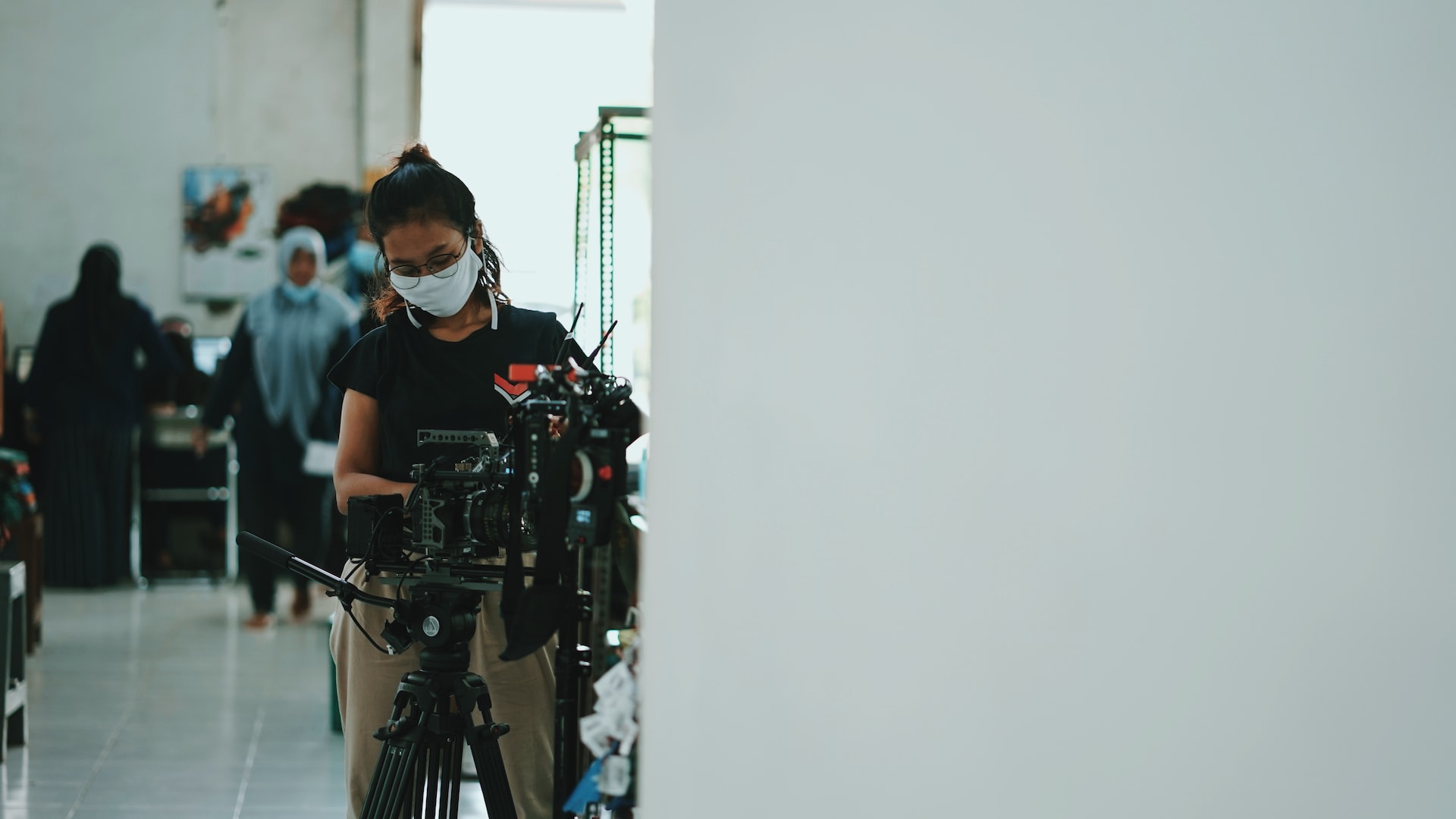
New study on the impact of COVID-19 on physical productions and their Carbon Footprint looks at the environmental and financial costs of COVID 19.

Recordings from the Green Screen conference The Future is Green.

Register now to join the Green Screen Partnership on their Final Project Conference on 28 October 2021. The event is held online !
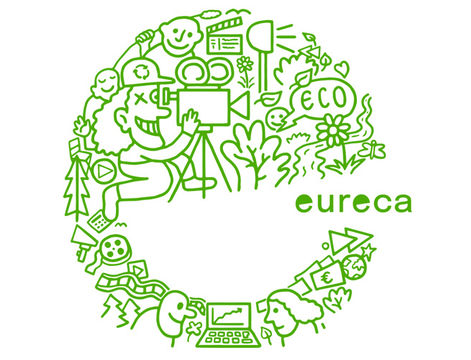
The pilot project team at Eureca just launched its website for the European Carbon Calculator Tool
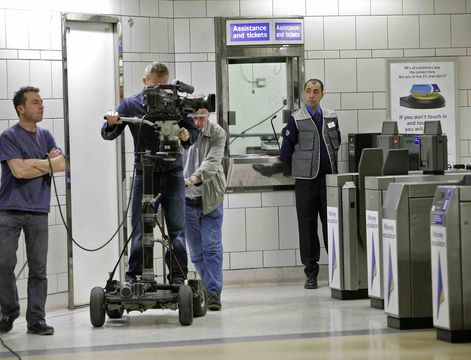
Green Screen's lead partner Film London is looking for an electrical engineering company for their Interreg Europe Pilot Action The Grid Project.

Update on our work dedicated to improve policy at regional level, fostering creation of favourable conditions for green film and TV production.

Andrej Kolencik and Admiral Films have created a series of short films with an important message.
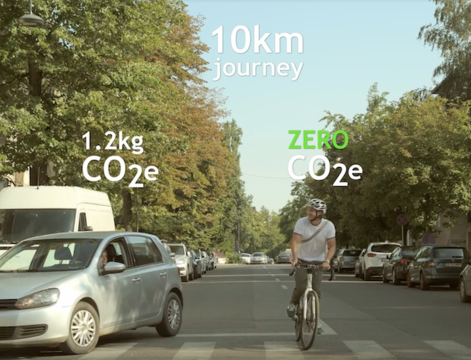
A long and a short version produced by Romanian Green Screen partner Bucharest Ilfov Regional Development Agency.

On learning from GS partners that electrical cabinets were available to location filming crews to plug into, FL began a research into adopting this in London.